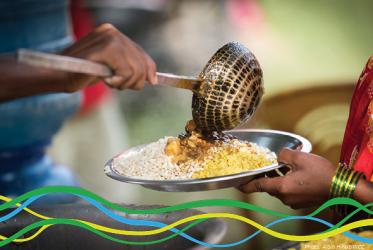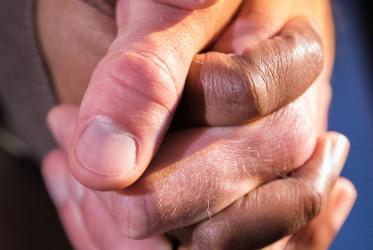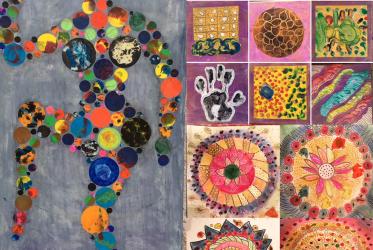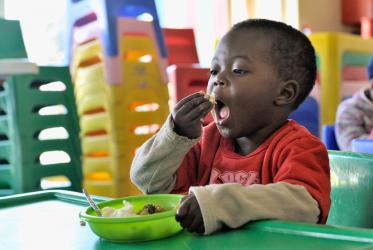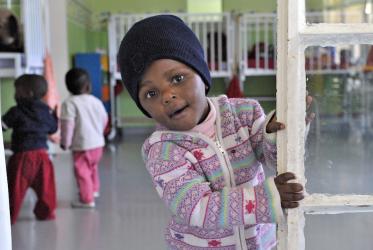Displaying 1 - 18 of 18
Ukraine: Responding to humanitarian need
08 September 2022
Rethinking Ecological Relationships in the Anthropocene era
11 - 13 February 2021
Day of prayer and fasting for peace in South Sudan, Democratic Republic of Congo
23 February 2018
Worldwide
World AIDS Day 2017 - prayer service, exhibition, panel discussion
01 December 2017
Ecumenical Centre, Geneva





